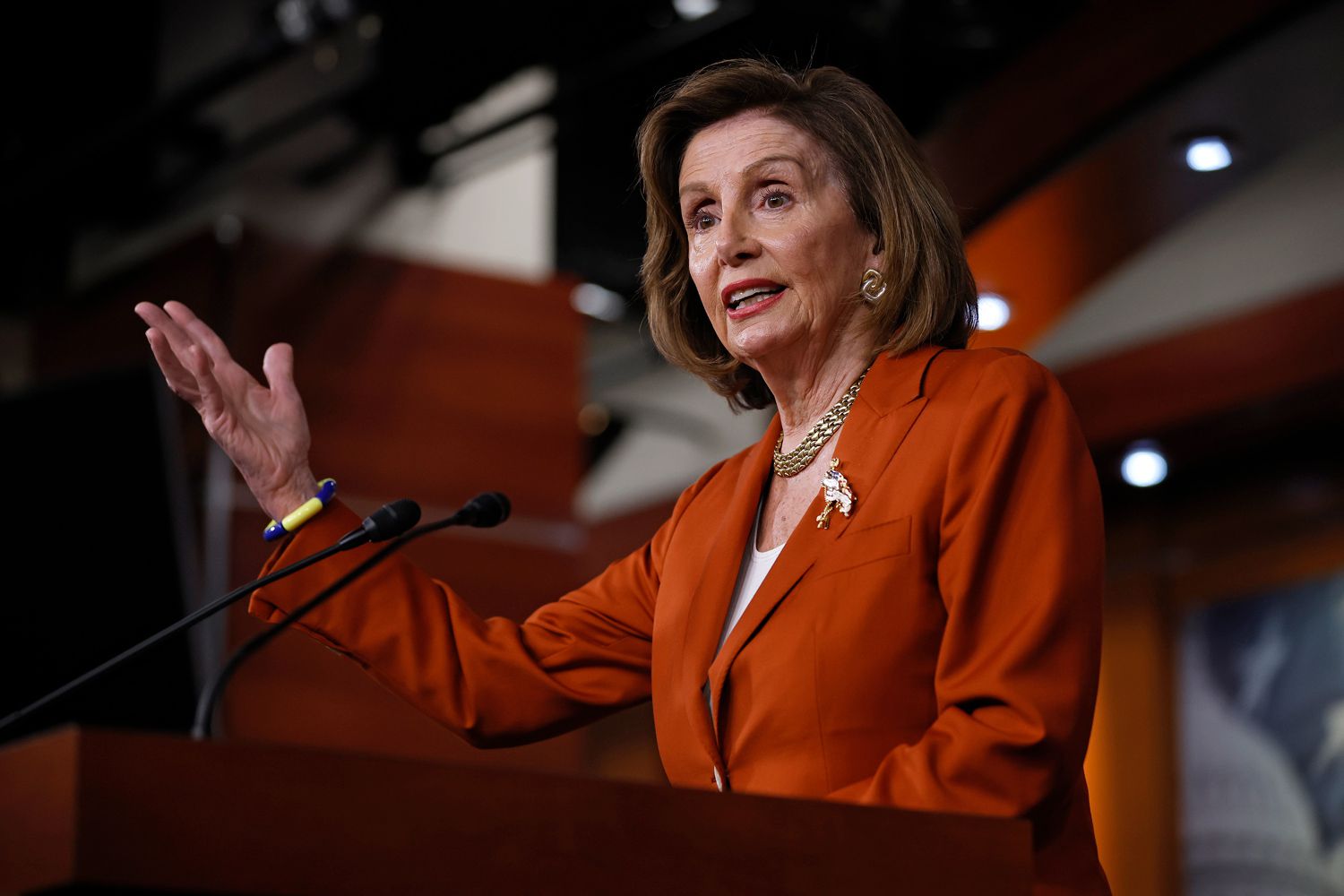Grayscale Warns: $61M Lost as SEC Delays Ethereum ETF Staking!

Grayscale announced to the public that market delays from the SEC have prevented investors from collecting $61 million in rewards through Ethereum ETF staking. The prolonged regulatory dispute between the SEC and Grayscale continues to affect Ethereum price stability while creating market-related uncertainties. Grayscale currently attempts to secure approval just like international market regulators have achieved.

Also Read: Trump Misleading on China Tariff Talks—Gold Price Dips Amid Chaos
Grayscale Pushes SEC for Ethereum ETF Approval as $61M Lost in Staking Rewards

On April 21, representatives from Grayscale met with the SEC’s Crypto Task Force to advocate for Ethereum ETF staking capabilities. The company is currently seeking amendments to Form 19b-4 filings for both the Grayscale Ethereum Trust ETF and also the Ethereum Mini Trust ETF.

Craig Salm, chief legal officer at Grayscale Investments, said:
“We appreciate the opportunity to engage with the Securities and Exchange Commission’s Crypto Task Force.”
The financial impact of these restrictions was clearly outlined in Grayscale’s memorandum:
“ETH ETPs have foregone approximately $61 million as a result of not being able to participate in staking from launch through February 2025, not including daily compounding of rewards. Instead, such rewards have gone to non-US ETH ETPs and other non-ETP stakers.”
Also Read: SEC Clears Path for XRP 2X ETF Launch: Big Move Coming on April 30
Network Security Benefits

Ethereum ETF staking would benefit both the network and also investors. Grayscale has also emphasized this dual advantage in their presentation to the SEC:
“Through staking, US ETH ETPs will participate in validating transactions on the Ethereum network, contributing to the security and efficiency of the Ethereum blockchain, and in return, earn ETH rewards.”
International Precedent
At the time of writing, the SEC Ethereum decision lags behind global markets, where Ethereum ETF staking is already permitted in various jurisdictions. Grayscale noted this disparity in their documentation:
“Currently, spot ETH ETPs do not represent the underlying ETH completely, because they are not currently permitted to engage in staking.”
Grayscale has also affirmed their operational readiness with this statement:
“By drawing on traditional finance analogues and experience managing ETPs facing similar liquidity challenges, coupled with Grayscale’s connectivity and partnerships across the digital asset ecosystem, we can effectively and responsibly stake ETH in our ETH ETPs.”
Also Read: Top 3 Cryptocurrencies To Watch This Week
Future Outlook
The Grayscale Ethereum ETF situation demonstrates how regulatory forces conflict with emerging crypto developments. The potential outcome of the SEC’s decision about this proposal will determine Ethereum price fluctuations. Thehasil will determine essential factors that influence traditional investor access to Ethereum ETF staking possibilities and set new directions for cryptocurrency investment vehicles in the American market.
Read More

Grayscale Pushes SEC to Approve Ethereum ETF Staking, Citing $61M Lost in Rewards
Grayscale Warns: $61M Lost as SEC Delays Ethereum ETF Staking!

Grayscale announced to the public that market delays from the SEC have prevented investors from collecting $61 million in rewards through Ethereum ETF staking. The prolonged regulatory dispute between the SEC and Grayscale continues to affect Ethereum price stability while creating market-related uncertainties. Grayscale currently attempts to secure approval just like international market regulators have achieved.

Also Read: Trump Misleading on China Tariff Talks—Gold Price Dips Amid Chaos
Grayscale Pushes SEC for Ethereum ETF Approval as $61M Lost in Staking Rewards

On April 21, representatives from Grayscale met with the SEC’s Crypto Task Force to advocate for Ethereum ETF staking capabilities. The company is currently seeking amendments to Form 19b-4 filings for both the Grayscale Ethereum Trust ETF and also the Ethereum Mini Trust ETF.

Craig Salm, chief legal officer at Grayscale Investments, said:
“We appreciate the opportunity to engage with the Securities and Exchange Commission’s Crypto Task Force.”
The financial impact of these restrictions was clearly outlined in Grayscale’s memorandum:
“ETH ETPs have foregone approximately $61 million as a result of not being able to participate in staking from launch through February 2025, not including daily compounding of rewards. Instead, such rewards have gone to non-US ETH ETPs and other non-ETP stakers.”
Also Read: SEC Clears Path for XRP 2X ETF Launch: Big Move Coming on April 30
Network Security Benefits

Ethereum ETF staking would benefit both the network and also investors. Grayscale has also emphasized this dual advantage in their presentation to the SEC:
“Through staking, US ETH ETPs will participate in validating transactions on the Ethereum network, contributing to the security and efficiency of the Ethereum blockchain, and in return, earn ETH rewards.”
International Precedent
At the time of writing, the SEC Ethereum decision lags behind global markets, where Ethereum ETF staking is already permitted in various jurisdictions. Grayscale noted this disparity in their documentation:
“Currently, spot ETH ETPs do not represent the underlying ETH completely, because they are not currently permitted to engage in staking.”
Grayscale has also affirmed their operational readiness with this statement:
“By drawing on traditional finance analogues and experience managing ETPs facing similar liquidity challenges, coupled with Grayscale’s connectivity and partnerships across the digital asset ecosystem, we can effectively and responsibly stake ETH in our ETH ETPs.”
Also Read: Top 3 Cryptocurrencies To Watch This Week
Future Outlook
The Grayscale Ethereum ETF situation demonstrates how regulatory forces conflict with emerging crypto developments. The potential outcome of the SEC’s decision about this proposal will determine Ethereum price fluctuations. Thehasil will determine essential factors that influence traditional investor access to Ethereum ETF staking possibilities and set new directions for cryptocurrency investment vehicles in the American market.
Read More

